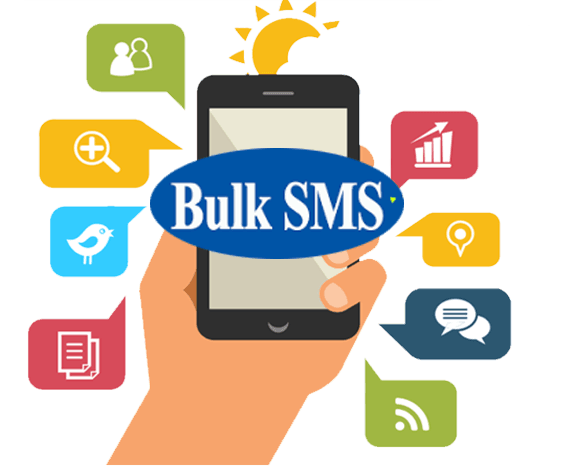Introduction
In the grand scheme of modern businesses, digitization is not just a trend, but a vital shift. As various sectors race to keep pace, the accounting industry is finding its own digital revolution, with cloud computing at its forefront. The whispers of a Sydney bookkeeper diligently maintaining ledgers, crunching numbers, and dealing with receipts in a traditional office are being drowned out by the hum of advanced servers and sophisticated software systems.
Within this brave new landscape, businesses, accounting professionals, and clients alike are discovering the myriad benefits of cloud computing. But how exactly is this technological innovation revolutionizing the accounting world? Let’s embark on a journey to uncover the answers.
Cloud Computing: A Brief Overview
Before diving into the impacts on accounting, it’s essential to understand the concept of cloud computing. In essence, cloud computing is the delivery of various services over the internet, or the “cloud”. These services can include databases, software, analytics, and more. With this digital approach, businesses can scale their computing power, store vast amounts of data, and access advanced software applications, all without the heavy investment in physical infrastructure.
The Advent of Cloud Accounting
Cloud accounting, a by-product of cloud computing, has taken the accounting industry by storm. It refers to the use of accounting software where both the software and data are stored online. This innovative approach has drastically altered the way accountants, businesses, and bookkeepers in cities like Sydney operate, allowing for real-time updates, instant accessibility, and streamlined operations.
Benefits of Cloud Accounting
The implementation of cloud accounting brings a plethora of benefits to the industry. Let’s delve into some of these advantages:
Real-Time Financial Monitoring
Cloud accounting enables accountants and their clients to view and manage financial records in real-time. The days of waiting for quarterly or annual financial reports are fading into oblivion. Instead, with this technology, decisions can be made quickly and more strategically, based on current data.
Increased Accessibility and Collaboration
With data stored in the cloud, access to financial records is no longer confined to a specific device or location. Accountants can access necessary data from anywhere at any time. Furthermore, multiple stakeholders can view and work on the data simultaneously, promoting collaboration and efficiency.
Enhanced Data Security
One common concern among accounting professionals is the security of their sensitive data. Cloud accounting addresses this worry through advanced encryption and security protocols, making it significantly harder for unauthorised individuals to gain access to the information.
How Cloud Computing Impacts Traditional Accounting Roles
As cloud computing transforms accounting practices, it also reshapes the traditional roles within the industry. Accountants are no longer just number-crunchers; they are evolving into strategic business advisors.
The Evolving Role of Accountants
With automation taking care of mundane data entry tasks, accountants are free to focus on more strategic roles. They can provide real-time advice to businesses, helping them make informed financial decisions. This shift not only adds value to the accountant’s role but also enhances their relationship with clients.
Sydney Bookkeepers Embrace the Change
Accounting professionals, including Sydney bookkeepers, are adapting to this changing landscape. As they harness the power of cloud computing, they are offering more comprehensive and sophisticated services to their clients. This digital transformation is not only beneficial for the accountants themselves but also contributes to the overall growth and development of the businesses they serve.















Leave a Reply